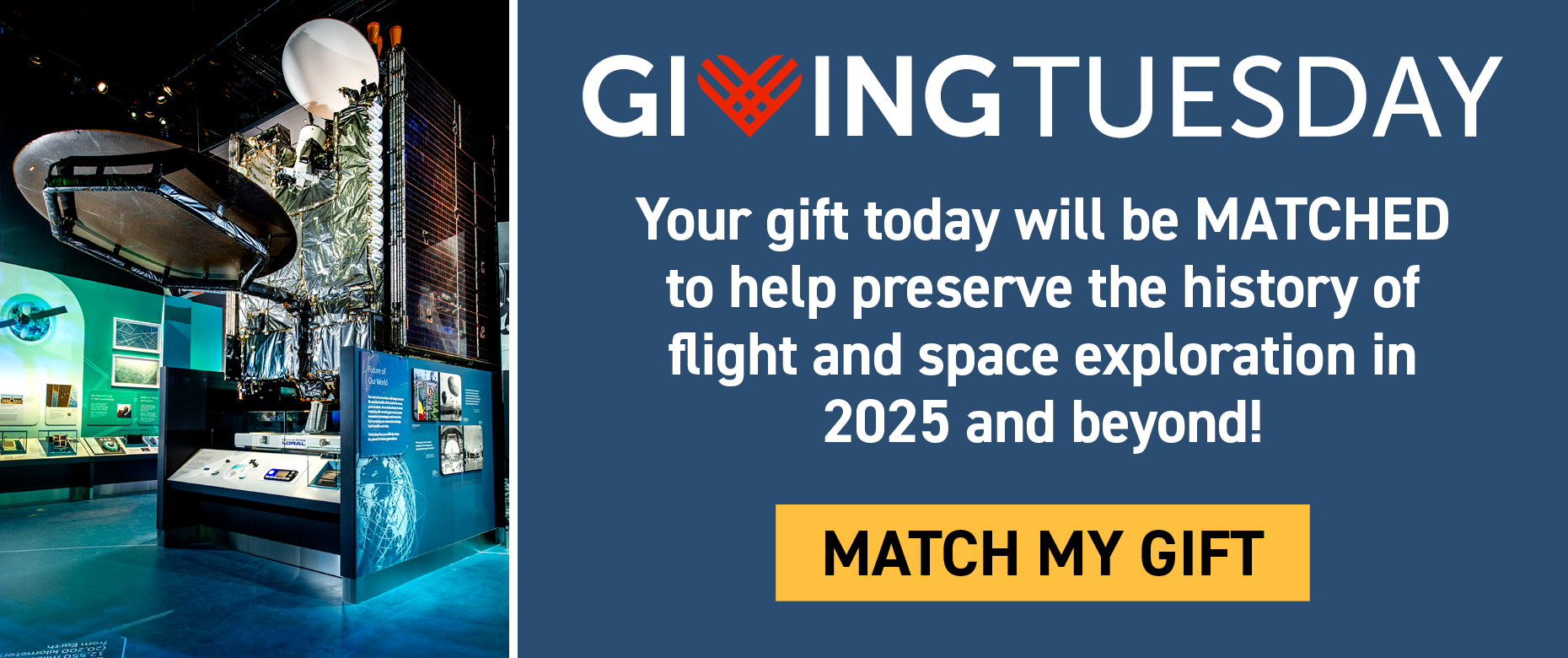All Stories
Showing 261 - 270 of 1717
Linear dunes—desert formations stretching miles in length, which account for 40 percent of the dunes on Earth. UAVs are revolutionizing scientists ability to conduct fieldwork. They can collect high-resolution, high-fidelity data to analyze the nature of a variety of features.
Beyond Kathryn D. Sullivan's years as an astronaut, she ventured into many other fields of work and study. Sullivan is a trained scientist with a Ph.D. in geology, who has conducted extensive oceanographic research on the floors of the Atlantic and Pacific Oceans. She has also served in the U.S. Naval Reserve (USNR) and as the National Oceanic and Atmospheric Administration (NOAA) Administrator.
Today we cannot imagine war without the airplane, but there was a time when the airplane's military potential was not yet apparent.
The first air races, meets, and flight exhibitions kicked off a wave of public enthusiasm for aviation that circled the globe.
Sleeping in space goes back almost as far as there have been people in space (specifically, a cosmonaut who caught some shuteye in 1961). Astronauts have slept in capsules, shuttles, space stations, and even on the Moon. Sleep is an important part of an astronaut’s health, particularly for longer duration missions. But from noisy crewmates to spaceship sounds and even the sheer excitement of it all, sleeping in space hasn’t always been easy. To find out what it’s really like we speak with former astronaut Mike Massimino who relates his shuttle sleeping experience to a big slumber party. We’re catching Zs in zero-G, today on AirSpace.
Our Museum recently acquired a first-generation HawkEye 360 Pathfinder satellite. The three Pathfinders and follow-on satellites form the first commercial satellite constellation ever to detect, characterize, and geolocate a broad range of radio frequency signals from transmitters on the ground and sea.
A 1/16 scale model of a Benoist XIV Airboat (Benoist No. 43) recently underwent conservation treatment in preparation for its display in the reimagined America by Air gallery. Learn about how it was treated and discover the story behind the model and the actual aircraft.
Read a first-hand account of what it was like to fly aboard a Boeing 247 in 1934.
In 1971 an Apollo 14 astronaut took about 500 tree seeds into orbit around the Moon. When he got back, those seeds were distributed, germinated, and planted all around the United States. And then… they were mostly forgotten about, even by NASA. That is, until the mid-1990s when a teacher at a Girl Scout camp in Indiana wondered what was up with this “Moon Tree” at her local camp. On this episode, we speak with the NASA planetary scientist who received her question, and as a result, started a database to track down the Moon Tree locations. Today, there are 67 known, living, first generation Moon Trees all over the United States – maybe even in your town!
In 1929, Transcontinental Air Transport (TAT) started passenger service between New York and Los Angeles using a combination of trains and planes.
